Editorial Note
Why Academic Freedom?
Jun 15, 2024
Reading Time: 4 minutes
The 2nd issue of the GlobIS Review examines recent scholarship on Iranian universities through the lens of academic freedom. Under President Ebrahim Raisi (2021-2024), universities faced intensified political and ideological attacks, especially after becoming a focal point of the Women, Life, Freedom movement. The suspension and dismissal of over 100 professors and hundreds of students have heightened concerns about academic freedom in Iran.
Azam Khatam’s article, Organizing at Universities and Unfolding Revolution in Iran, explores the formation of the National Organization of University Professors (NOUP) during the 1979 revolution. Drawing on existing sources and interviews with three NOUP members, Khatam examines the organization’s efforts to conceptualize, organize, and build coalitions to establish an independent university system. She highlights the NOUP’s capacity to navigate internal political divisions, craft a progressive charter, and collaborate with influential revolutionary groups while maintaining its autonomy. Khatam attributes the subsequent 1980 Cultural Revolution to a complex interplay of factors that enabled a coalition of conservative and left-wing Islamists to purge secular scholars from universities and establish an ideological recruitment system.
In the first book review, “What to Do with Universities?” A Defence through a Positivist Lens, Behrang Sedighi examines Sadegh Zibakalam’s book, the University and Revolution. Compiled from the author’s previous articles on the university, the book chronicles Zibakalam’s initial conception of the Cultural Revolution, , his involvement in the project, and his subsequent critical perspective. Sedighi argues that this critical re-evaluation of the Cultural Revolution, prevalent in Iranian social science circles, is rooted in the recent revival of a 19-century positivist paradigm in Iran that emphasizes the universality and objectivity of social science. He contends that Zibakalam’s approach depoliticizes the project by attributing it to leftist thought and altering the victim-perpetrator dynamic.
In the second review essay, First Steps with the Iranian Sociological Association, Leila Araghi examines the collection of 13 interviews and essays by ISA members on the constraints of academic freedom in Iran. These professors urge the government to abstain from interfering in university matters, citing the devastating consequences of Iran’s Cultural Revolution and the experiences of universities under totalitarian regimes as cautionary examples. Araghi highlights various manifestations of eroded university autonomy discussed in the essays and interviews, including faculty job insecurity, ideological vetting, hindered research and knowledge production, and patronizing student treatment. According to her, the ISA scholars primarily attribute these challenges to either governmental neglect of science and development or the university’s instrumentalization as part of the state’s ideological apparatus. While recognizing the significance of these initial findings, Araghi emphasizes the need for more in-depth, participatory research to explore potential pathways toward university independence and alternative governance models.
Machine, Politics, and Gender in the Cultural Revolution is a critical engagement with Ata Heshmati’s 2014 UBC master’s thesis, Islamic Technoscience authored by Habib Moghimi. The reviewer outlines the central arguments of Heshmati’s thesis before identifying internal inconsistencies and questioning its theoretical foundations. Moghimi concludes that the Iranian Cultural Revolution, contrary to Heshmati’s assertion of a completed project, is an ongoing process that failed to establish an alternative modernity for Iranians.
In The Cultural Revolution: From China to Iran, Behrang Sedighi reviews three articles that comparatively examine the cultural revolutions of Iran and China. One article by Khosrow Sobhe emphasizes the parallels between the two revolutions, particularly in terms of government involvement, popular participation, and ideological underpinnings. In contrast, two articles by Alimohamad Hazeri focus on the differences between the revolutions while acknowledging the influence of the Chinese Cultural Revolution on its Iranian counterpart.
In our interview with Mehrak Kamali, Cultural Revolution in Iran and Targeting the Political Rivals, we inquired about the series of reports he produced on the Cultural Revolution for Lowh monthly in 1998 and 1999. He elaborates on the magazine’s objectives and editorial stance in addressing this sensitive issue, highlighting Lowh‘s role in producing the first independent report on the topic. Kamali emphasizes that Lowh provided a platform for critical thinking about a disastrous project that ruined many lives in early 1980s Iran.
The interview with Homa Hoodfar, Why haven’t We Claimed Academic Freedom?, delves into her forthcoming book on academic freedom in the Middle East and Iran. She outlines the book’s development, explaining how its structure was influenced by her interrogation at Evin Prison, where she attempted to articulate the rights of academic researchers to those with differing perspectives. Hoodfar explores diverse conceptualizations and lived experiences of universities in the region, emphasizing the role of university charters and international agreements in safeguarding academic freedom and independence.
In Cultural Revolution: It is Time to Balance the Books!, Saeed Paivandi shares his personal and research-based perspectives on the Iranian Cultural Revolution. Paivandi examines the government’s persistent attempts to reinitiate this project despite widespread acknowledgment of its past failures by both supporters and critics. He argues for a comprehensive evaluation of the Cultural Revolution to identify the factors that led to its downfall.
This issue of the GlobIS Review features four book reviews on academic freedom in the Middle East and worldwide, translated from other journals for Persian readers. Among these is Aysuda Kölemen’s interview with Asli Vatansever about her book, On the Sidelines of the University: In Reflections on Exile and Academic Precarity. Vatansever responds to Kölemen’s questions about authoritarianism and attacks on Turkish academics who supported a peace initiative against the military’s actions against Kurdish civilians. She also draws parallels between this situation and the marginalization faced by young and immigrant professors in neoliberal German universities.
Forbidden Knowledge: Measuring Academic Freedoms summarizes a report by Felix Hoffmann and Katrin Kinzelbach from the Global Public Policy Institute aimed at bolstering global efforts to protect academic freedom. The report outlines a framework for defining academic freedom, establishing data collection methodologies, and developing strategies to enhance the academic environment worldwide.
In Why do students have to shout to be heard? Gabriel Winant examines the widespread student arrests during protests against US support for Israel’s Gaza war. Winant analyzes the transformation of university-student relations, arguing that the shift from students as engaged members of the university community to indebted consumers has contributed to the emergence of new forms of campus politics. He contends that students are no longer viewed as adult participants in university life but as marginalized constituents whose voices are only heard if they shout.
The final book review in this issue, authored by Shaun O’Dwyer, focuses on Dimitar D. Gueorguiev’s edited volume, New Threats to Academic Freedom in Asia. O’Dwyer analyzes the central questions about academic freedom in the broader Asian context that shape the various contributions to the book. Many contributors explore the tensions between the research-oriented and globalizing Asian universities and and the ongoing violations of academic freedom within these institutions.
We would like to express our gratitude to professor Homa Hoodfar for her assistance in selecting books for the special issue of this journal.

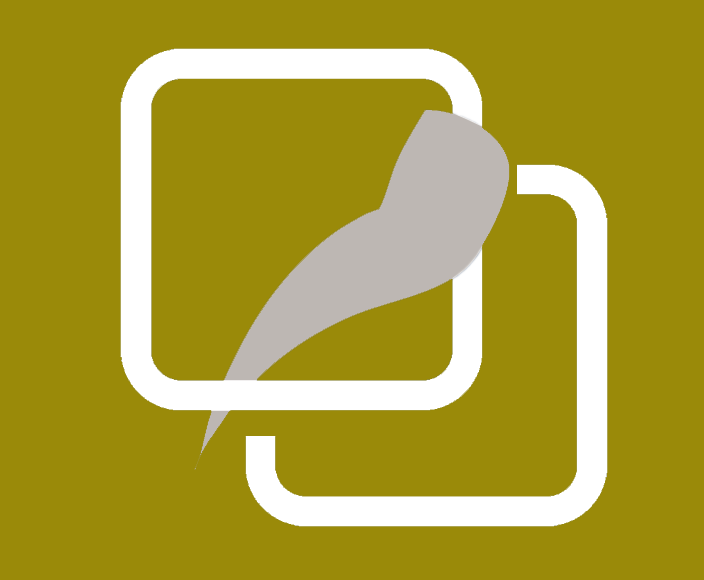
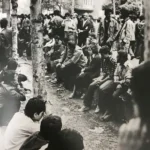
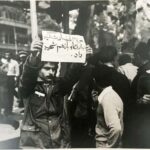

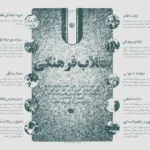
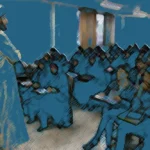

Comments are closed.